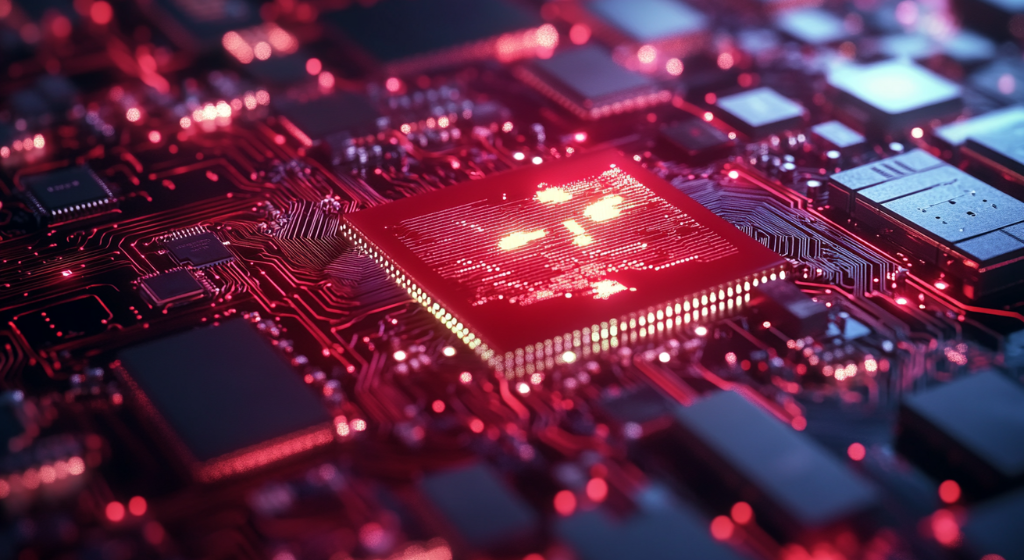
While this hypothetical technology is still many years away from reality (at least, according to most predictions), the developers of Taichi suggested in their April paper that their chip’s modular architecture meant multiple chiplets could be combined to build an extremely powerful AI system. (Source: Image by RR)
Researchers Say Taichi-II Is a Major Leap Toward Scalable, Light-Based AI Systems
Chinese researchers have unveiled the Taichi-II, an upgraded optical AI chip that operates using photons instead of traditional electronic components, marking significant advancements in light-based computing. This chip, which could eventually power artificial general intelligence (AGI) systems, improves upon its predecessor with a 40% increase in classification accuracy and a staggering million-fold boost in energy efficiency under low-light conditions. Unlike conventional AI chips, which rely on electrons and generate heat, the Taichi-II leverages the speed of light and avoids heat generation, allowing for faster and more efficient processing.
The breakthrough, as reported in livescience.com, in Taichi-II’s performance comes from training the AI directly on the optical chip using a method called “fully forward mode,” where data moves in only one direction. This real-time learning method enables the chip to adjust parameters instantly without multiple processing steps, significantly enhancing the speed of operations. As light passes through the chip, it interacts with tiny components that adjust its phase and intensity, enabling faster and more efficient learning compared to digital simulations.
What sets Taichi-II apart from other light-based chips is its scalability. The chip’s modular design allows for the combination of multiple chiplets to create a more powerful AI system. In one experiment, researchers connected several Taichi chiplets to simulate a network of nearly 14 million artificial neurons, far surpassing the capabilities of other light-based chips, which could only simulate 1.47 million neurons. Despite this increased capacity, the Taichi-II remains extremely energy-efficient, performing 160 trillion operations per watt, far outpacing both earlier photonic chips and conventional semiconductor chips.
The development of Taichi-II represents a crucial step in the transition from theoretical models of light-based AI chips to practical applications, addressing the growing need for high-power, low-energy computing. Researchers believe that this technology could play a critical role in the development of AGI models, which are AI systems capable of human-like intelligence and reasoning. While AGI is still a distant goal, the scalability and efficiency of the Taichi-II chip signal the potential for powerful AI systems that can operate at unprecedented speeds with minimal energy consumption.
read more at livescience.com







Leave A Comment